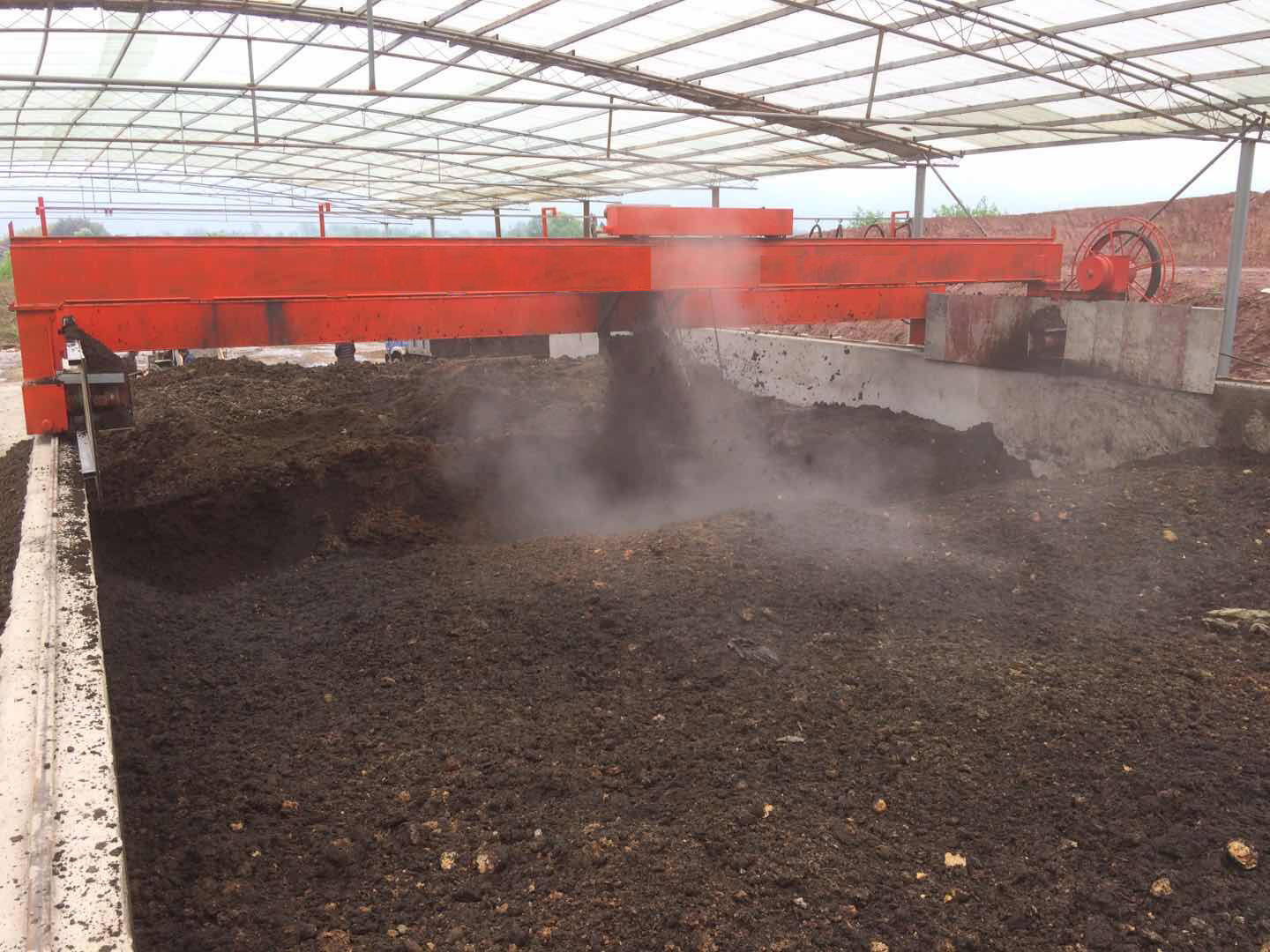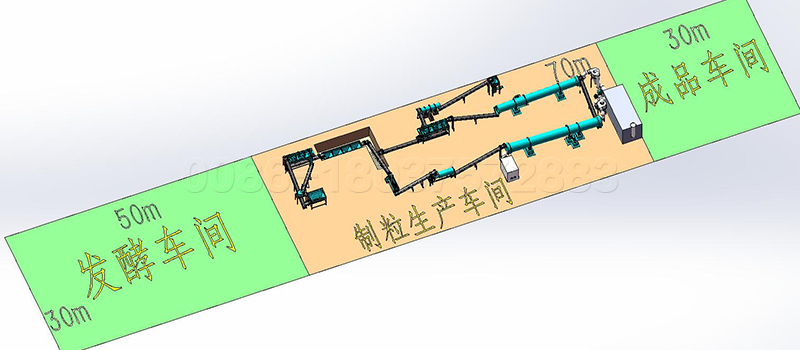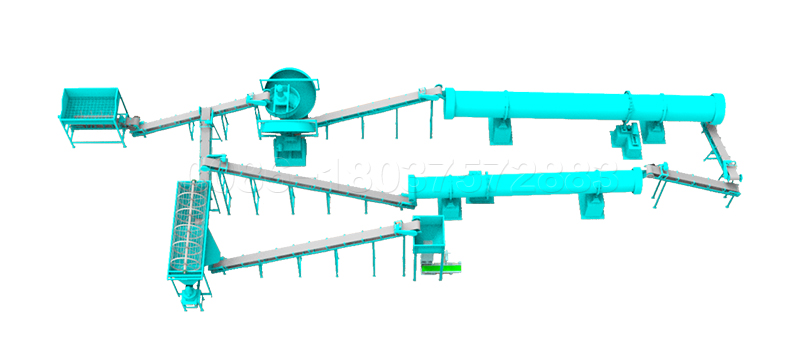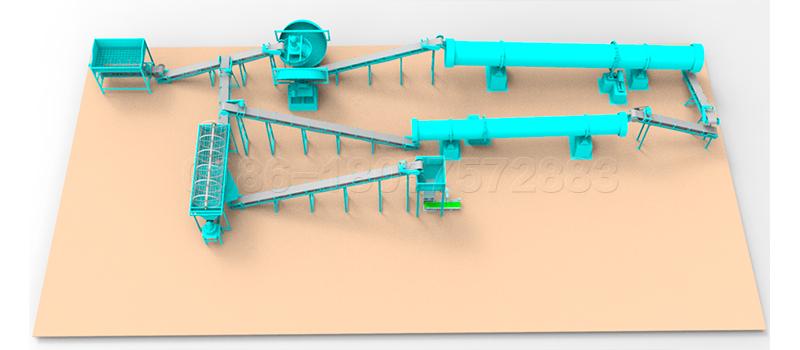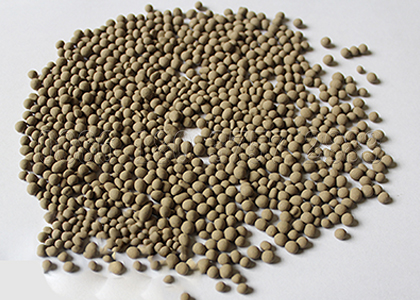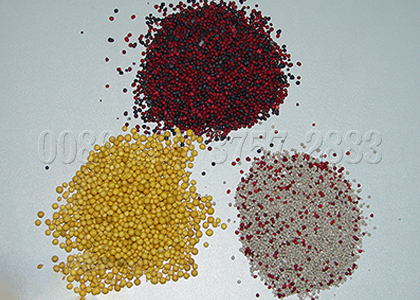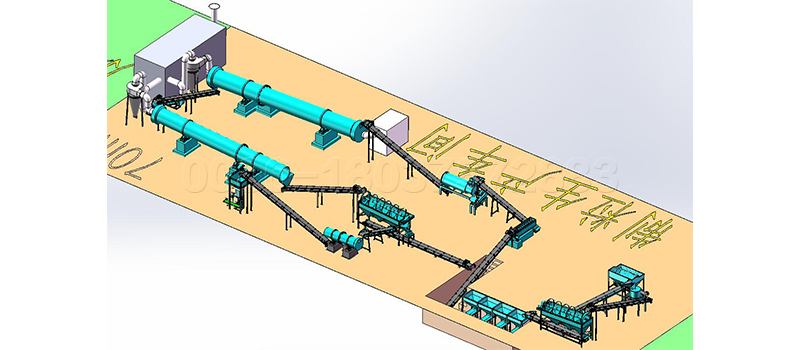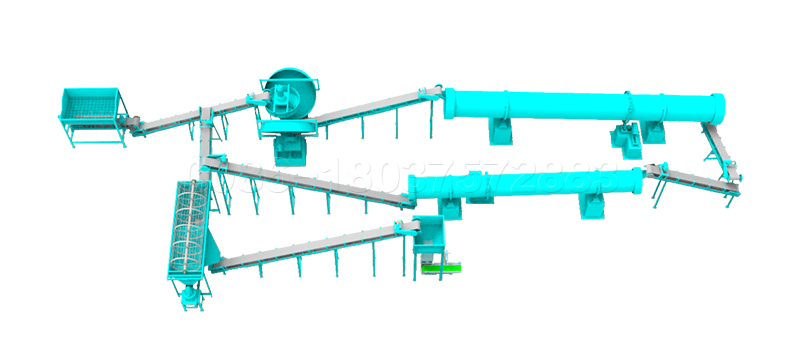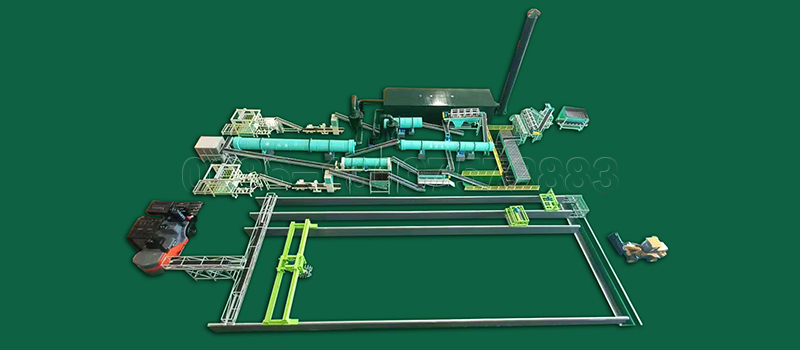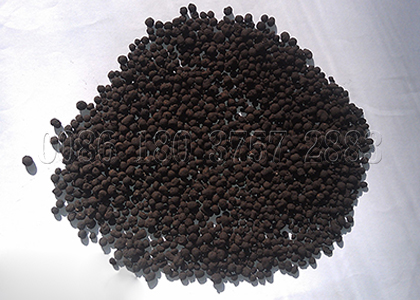1. Wide adaptability
Sheep manure organic fertilizer is suitable for sandy soil and cohesive soil. It is applicable to a variety of crops and can increase production, quality and efficiency.
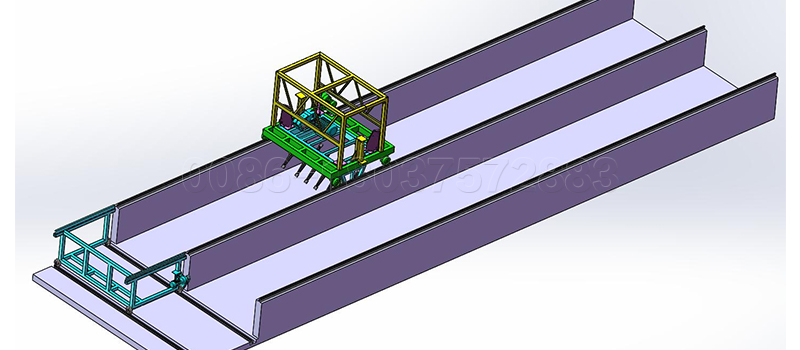
2. Protect the roots and stems of crops and provide them with comprehensive nutrition
Sheep manure organic fertilizer contains a lot of nutrients, trace elements, sugars and fats required by plants. The CO2 released from the decomposition of sheep manure can be used as the raw material for plant photosynthesis. Sheep manure organic fertilizer also contains 6-8% nitrogen, phosphorus, potassium and 50-55% organic matter, which can provide comprehensive nutrition for crops.
3. Improve soil quality and promote soil microbial reproduction
The microorganism in sheep manure organic fertilizer propagates very quickly in the soil, leaving many thin tubes in the soil, which not only increases the permeability of the soil, but also makes the soil fluffy and soft, and the nutrients and water are not easy to be lost, thus increasing the storage of water and fertilizer in the soil. The ability to avoid and eliminate soil hardening. The beneficial microorganisms in sheep manure organic fertilizer can also inhibit the propagation of harmful bacteria, thus reducing the use of pesticides.
4. enhance the ability of crops to resist disease, drought and waterlogging
Because sheep manure contains vitamins and natural antibiotics. It can enhance crop resistance and reduce or prevent diseases.
5. increase crop yield
Beneficial microorganisms in sheep manure produce secondary metabolites from soil organic matter, which contain a large number of growth promoting substances.
Sheep manure is taken to the organic fertilizer production plant and fermented by the organic fertilizer production equipment to achieve harmless treatment.
After decomposition, it is crushed, screened, granulated and packaged into organic fertilizer. After that, organic fertilizers are classified, processed and packaged into different specifications, which are used for field crops, orchard and vegetable bases, landscaping, home gardening and other different types of fertilizers, and then sold.
More detailed info, on organic fertilizer production, welcome go to https://manurefertilizermachine.com/


